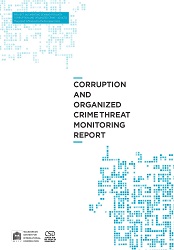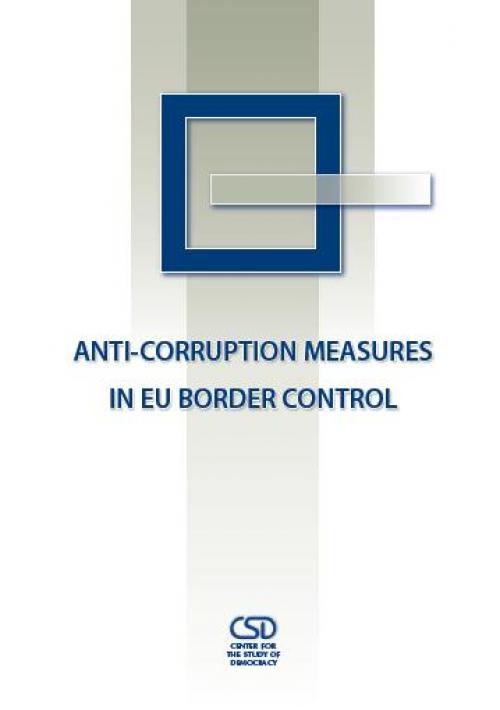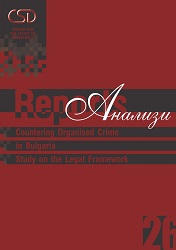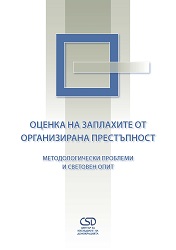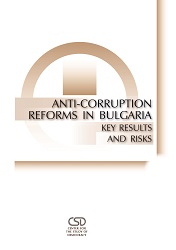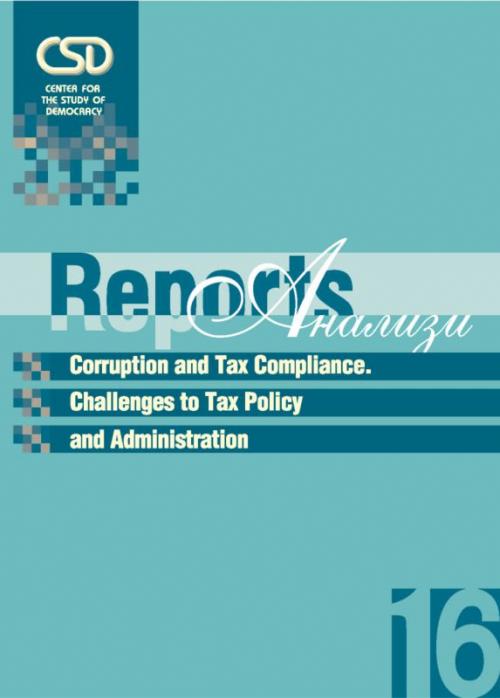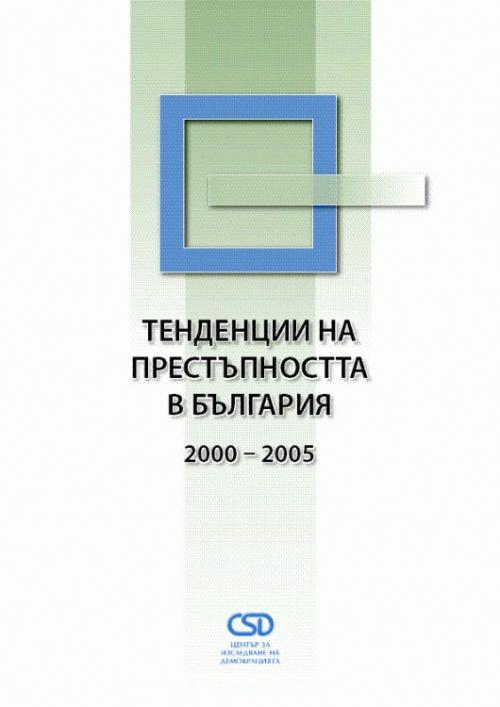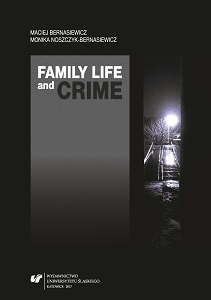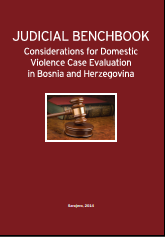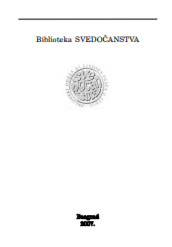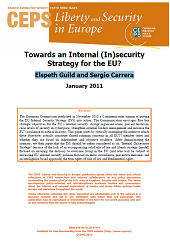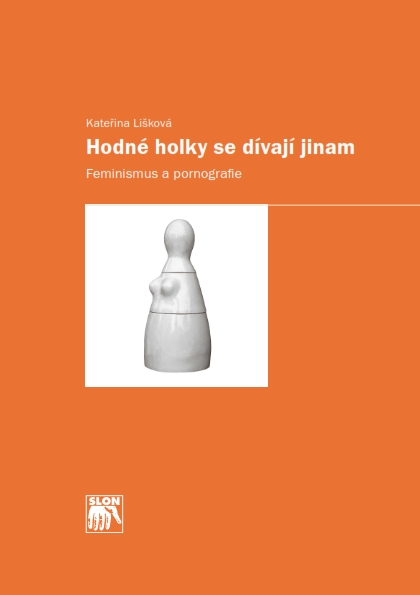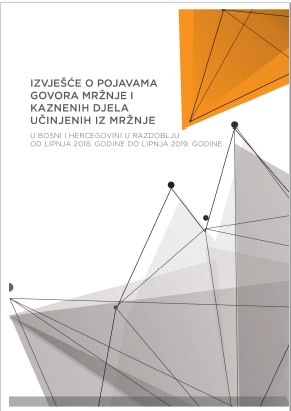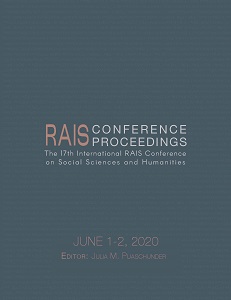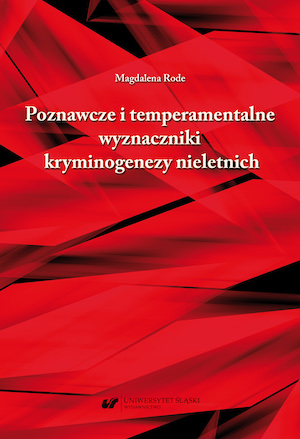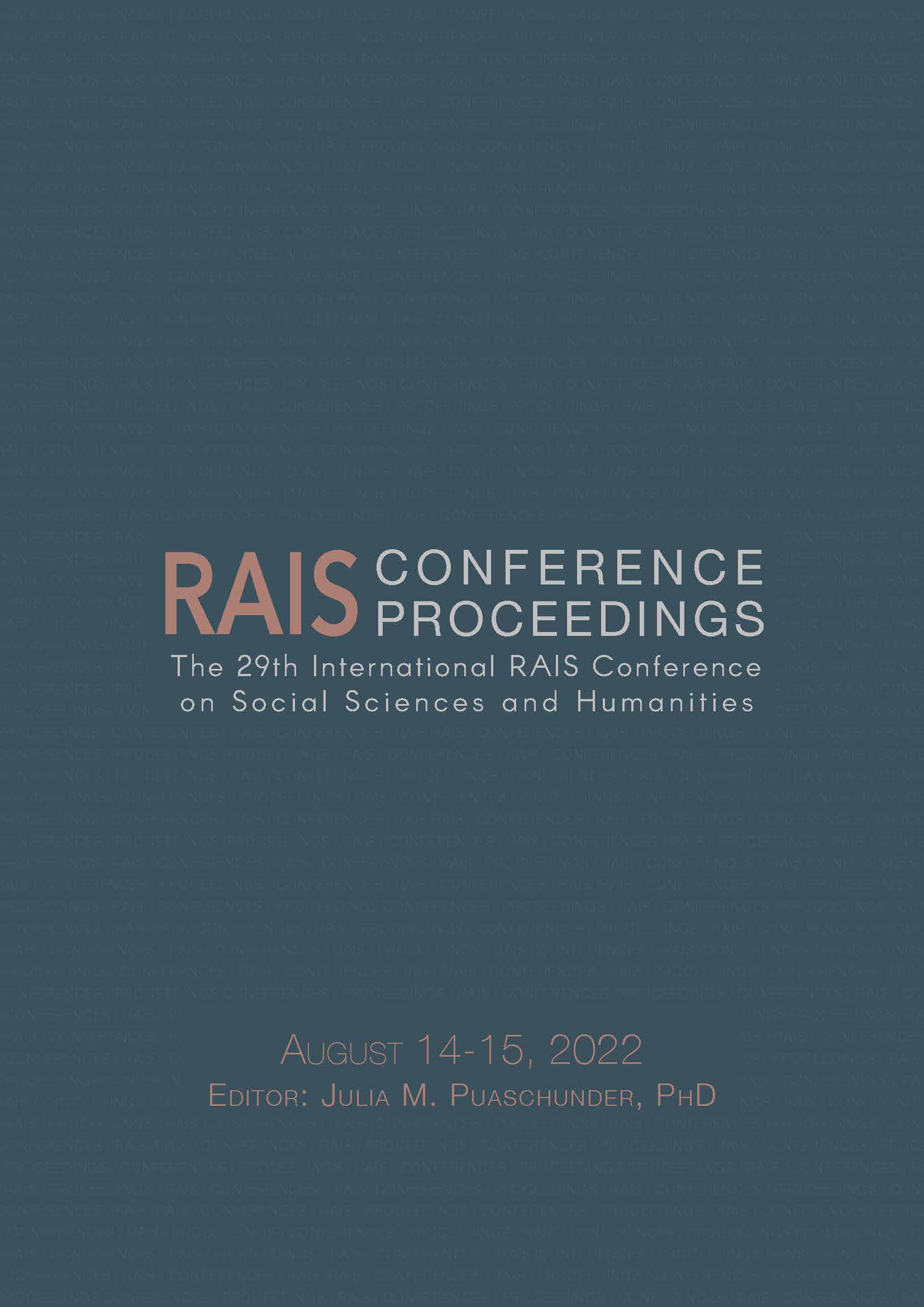Author(s): Konstantin Pashev / Language(s): English
National and international corruption indices suggest that the Bulgarian tax administration has an important role to play in fighting corruption. While the general public and the business community are inclined to think better of the tax administration, in terms of the levels and spread of corruption, by comparison with other institutions, such as customs, the police or the judiciary, corruption in the tax administration is still admittedly rather high. Business largely believes that most, if not all, tax officers are involved in corruption. Over the last five years, one out of five businesses on average has come under corruption pressure at the hands of tax officers. While they would not go as far as to accept the taxpayers’ perception of the situation, members of the tax administration do not deny the problem. They see the administration’s functional areas for Tax Audit and Operational Control as worst affected in terms of, respectively, the amounts of money changing hands and the frequency of such transactions. International surveys are inconclusive about the level of corruption in the Bulgarian tax administration on a comparison basis. The World Economic Forum rates it as relatively low within the enlarged European Union. By contrast, the World Bank has found it to be higher than corruption levels in most of the Balkans and the former Soviet republics. // The purpose of this study is not primarily to add another estimate of the level and scale of tax corruption in Bulgaria but rather, to contribute to an in-depth diagnosis of the phenomenon in terms of its drivers at work in individual and institutional behaviour.National and international corruption indices suggest that the Bulgarian tax administration has an important role to play in fighting corruption. While the general public and the business community are inclined to think better of the tax administration, in terms of the levels and spread of corruption, by comparison with other institutions, such as customs, the police or the judiciary, corruption in the tax administration is still admittedly rather high. Business largely believes that most, if not all, tax officers are involved in corruption. Over the last five years, one out of five businesses on average has come under corruption pressure at the hands of tax officers. While they would not go as far as to accept the taxpayers’ perception of the situation, members of the tax administration do not deny the problem. They see the administration’s functional areas for Tax Audit and Operational Control as worst affected in terms of, respectively, the amounts of money changing hands and the frequency of such transactions. International surveys are inconclusive about the level of corruption in the Bulgarian tax administration on a comparison basis. The World Economic Forum rates it as relatively low within the enlarged European Union. By contrast, the World Bank has found it to be higher than corruption levels in most of the Balkans and the former Soviet republics. The purpose of this study is not primarily to add another estimate of the level and scale of tax corruption in Bulgaria but rather, to contribute to an in-depth diagnosis of the phenomenon in terms of its drivers at work in individual and institutional behaviour.
More...
